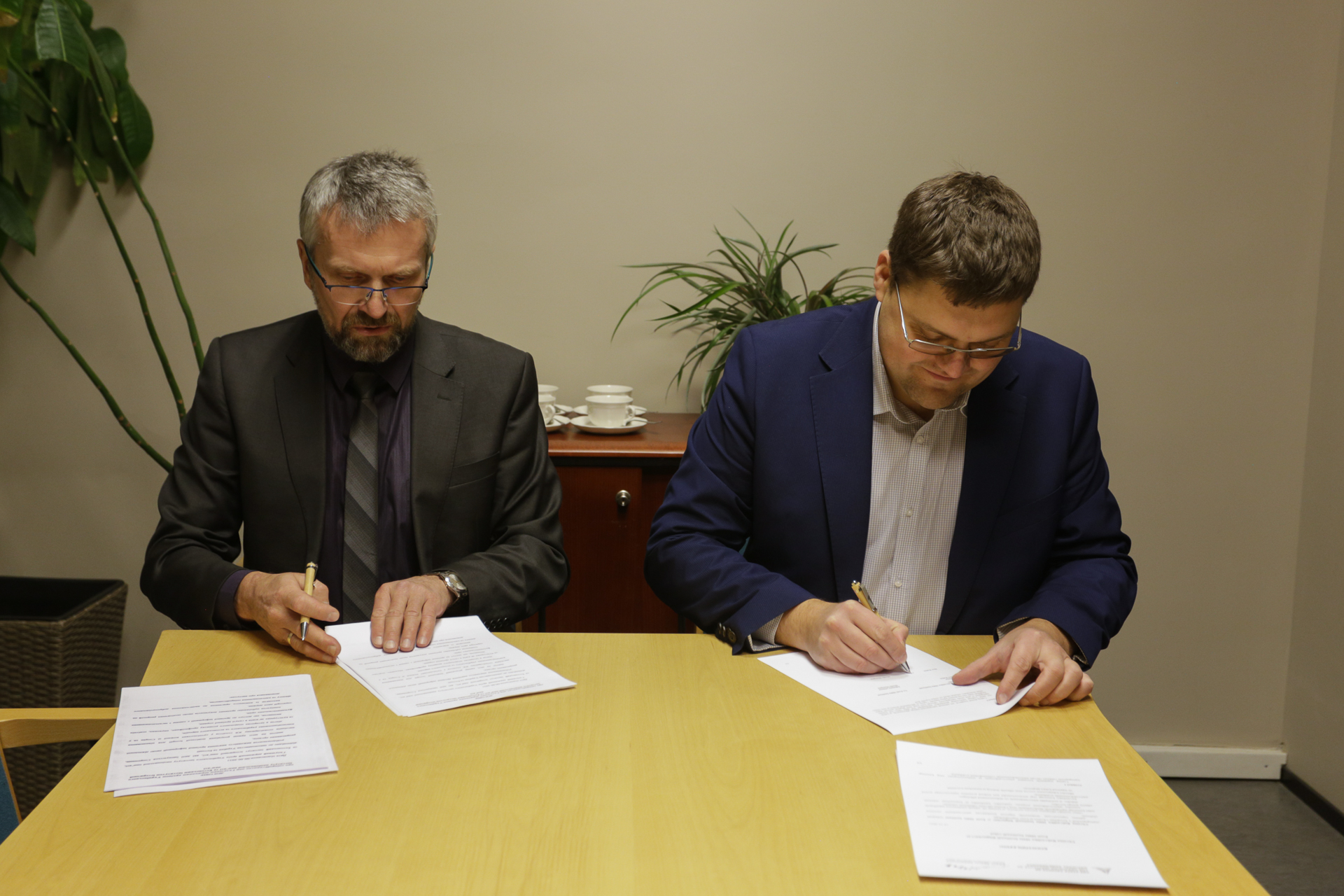News
Cooperation agreement signed between Estonian and Ukrainian victims of communism memorial organisations
The Estonian Institute of Historical Memory has signed a cooperation agreement with the State Archive of the Ukrainian Institute of National Remembrance. The aim of cooperation between the parties is to improve researchers’ accessibility to archival materials that pertain to USSR’s repressive institutions, as well as support the publication of such information. This will raise awareness about recent history internationally and will help evaluate the outcome of 20th century totalitarianism for both Estonia and Ukraine.
According to Meelis Maripuu, Chair of the Board of the Estonian Institute of Historical Memory, the handling of various topics of recent history in the public sphere is littered with many speculative opinions. In order to judge past events in a well-founded manner, historians need access to their primary tool – authentic archival documents.
“Soviet repressive institutions’ archival materials that have remained in Estonia as a legacy of the Soviet period are often insufficient in describing and analysing the background of past events. In such cases, we have the invaluable support of our friendly neighbouring countries, where the preserved archival material of interest is more substantial. Cooperation in using such data enables to highlight the hidden sides of communist terror regime. It is of the utmost importance that we preserve the memory of the victims of communism and draw the international public’s attention to acknowledging these victims,” Maripuu said.
Ihor Kulyk, director of the State Archive of the Ukrainian Institute of National Remembrance, said that the cooperation agreement signed with the Estonian Institute of Historical Memory brings together two former Soviet Republics in a fight against Soviet myths.
“Putin’s Russia continues the falsification of history. The public’s free access to archival documents, as well as new forms of cooperation, are a joint effort of shaking off a totalitarian communist past,” Kulyk said.

The State Archive of the Ukrainian Institute of National Remembrance, established in 2015, is an institution that aims to prepare and compile all archival documents of Soviet repressive institutions that operated in Ukraine into a single archive, which will be made available for researchers.
Estonian Institute of Historical Memory is the legal successor of the Estonian International Commission for Investigation of Crimes Against Humanity established in 1998. The Institute aims to participate actively and internationally in education and awareness-raising activities in the commemoration of victims of totalitarian regimes, and in repelling hostile 21th century regimes via research and museum work. With the support of the Estonian government, the Institute will establish the International Memorial Museum for the Victims of Communism in Patarei Prison by 2026.